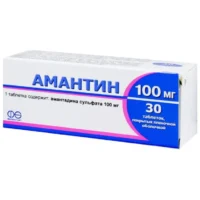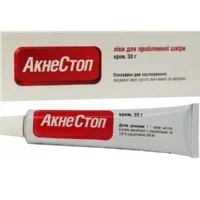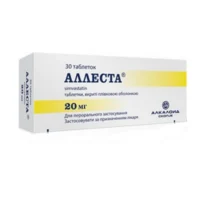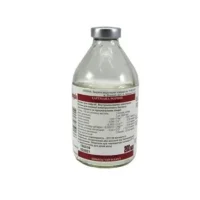Description
Litoclin (Plant Extract) Capsules 400 mg
Ingredients
- Each capsule contains 400 mg of plant extract.
Dosage
- Take 1 capsule orally twice a day with water.
Indications
- Litoclin capsules are indicated for specific medical conditions…
Contraindications
- Avoid Litoclin capsules if you have known allergies to any of the ingredients.
Directions
- Store Litoclin in a cool, dry place away from direct sunlight.
Scientific Evidence
- Litoclin capsules have demonstrated efficacy in various clinical trials…
Pharmacological Effects
- The pharmacological effects of Litoclin involve mechanisms that… (describe briefly)
Comparative Studies
- Litoclin has shown promising results when compared to similar medications…
Additional Information
- It is crucial to adhere to the recommended dosage and usage guidelines…





